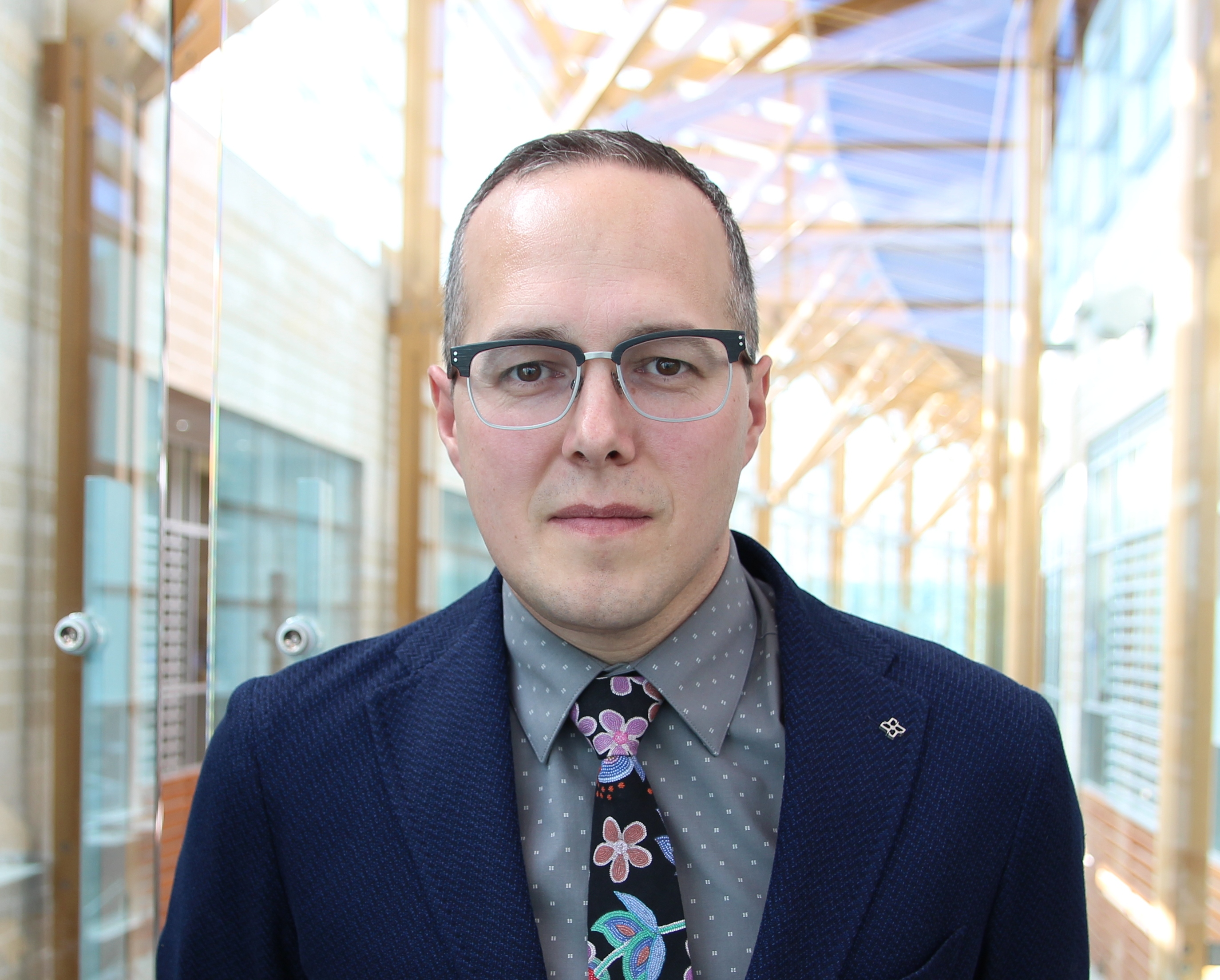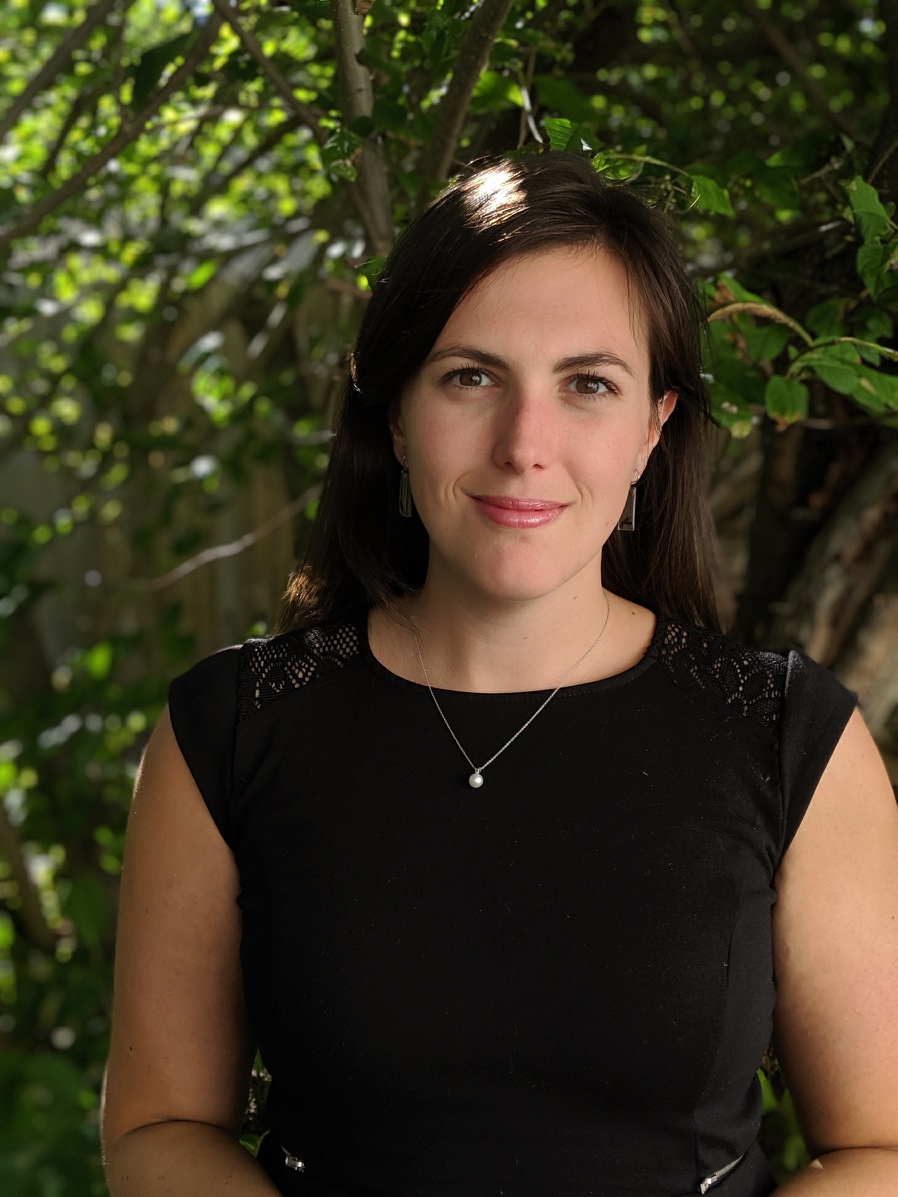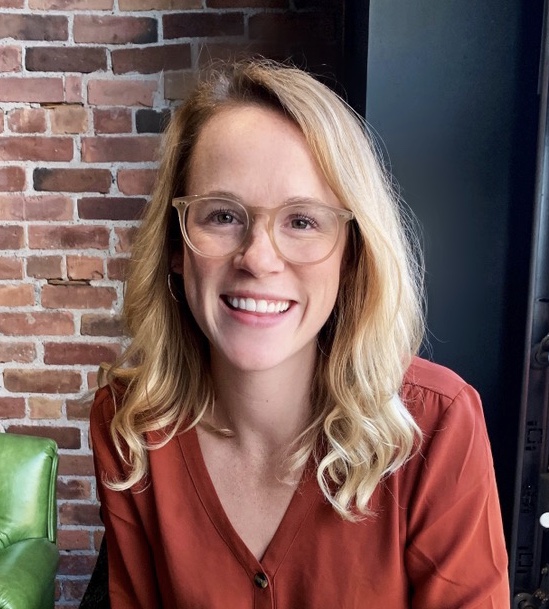Research in Action: Charting a Course to Treat Issues Stemming From Childhood Trauma
BY JULIO HELENO GOMES
Originally published in The Chronicle Journal on August 7, 2020



(left to right) Dr. Chris Mushquash, Lakehead University professor and a registered clinical psychologist, is overseeing research with Dilico Anishinabek Family Care. photo credit: Thunder Bay Regional Health Sciences Centre; Elaine Toombs is a PhD student in Clinical Psychology. submitted photo; Jessie Lund is a PhD student in Clinical Psychology. submitted photo.
A partnership between Lakehead University and a First Nations organization that is examining the links between childhood trauma and adult physical and mental health issues may lead to wellness programs that could improve the lives of clients from all walks of life.
The collaboration with Dilico Anishinabek Family Care is looking at the areas of abuse, neglect, and the resulting personal challenges. The aim is to develop appropriate services for treatment.
“We know adverse childhood experiences contribute to a range of social, emotional and physical difficulties,” says Dr. Christopher Mushquash, Canada Research Chair in Indigenous Mental Health and Addiction at Lakehead University, Interim Executive Vice President Research at Thunder Bay Regional Health Sciences Centre, and Chief Scientist at Thunder Bay Regional Health Research Institute.
“These are well-established relationships in the research literature. However, these specific relationships have not been examined within a First Nations addiction treatment setting.”
The project involves the Adult Residential Treatment Centre, located on the Fort William First Nation. Two graduate students are working on this venture, which consists of interviews with staff and more than 100 clients, as well as data collection and analysis.
“This is truly community-based participatory research, as all study activities are completed with support and collaboration from multiple people,” says Elaine Toombs, who has been working with Dilico over five years and is completing her PhD in clinical psychology.
Co-investigator Jessie Lund is entering the third year of her PhD program. She hopes the research will provide a better understanding of how traumatic childhood experiences increase the risk of substance use problems, particularly how it relates to the impact of colonization on Indigenous peoples.
“We hope this research will inform prevention and intervention efforts, including how best to support individuals seeking treatment for substance use through consideration of the different pathways between early adverse experiences and substance use problems in adulthood,” Lund says.
A registered clinical psychologist, Dr. Mushquash says the goal is to assist clients in understanding the nature of their pain and “how trauma can affect a number of experiences people have in their life, but also look at pathways for healing.”
Mushquash, who is also director of the Centre for Rural and Northern Health Research, has a decade-long relationship with Dilico that encompasses various research initiatives. With its head office on the Fort William First Nation, Dilico provides child welfare along with health and mental health and addiction services to First Nation members in Thunder Bay and the 13 member communities within the Robinson Superior Treaty area along the north shore of Lake Superior.
Mushquash, who is Ojibway and a member of Pays Plat First Nation, says the partnership with Dilico is focused on research and evaluation. While the studies by students Lund and Toombs should wrap up in the coming months, other work continues — part of the mandate to meet community needs and priorities in a way that acknowledges the unique cultures and history of First Nations people in Northwestern Ontario.
“Our plan is to continue collecting data and further understanding what the nature of adverse childhood experiences is within our client group,” he says. “As we begin to understand the core issues, we’ll be able to tailor appropriate culture- and psychological-based supports for clients and then hopefully begin to measure those outcomes across the long term.”
The Adult Residential Treatment Centre is part of a network of addiction treatment facilities catering to both Indigenous and non-Indigenous clients. Mushquash says the latter also find this model of cultural connectedness to be meaningful on their journey to recovery.
Dilico has research partnerships with the Thunder Bay Regional Health Sciences Centre and the local branch of the Centre for Addiction and Mental Health (CAMH). The work with Lakehead University, explains John Dixon, Dilico’s director of mental health and addiction services, is done in accordance with the wishes of its member communities and the First Nations principles of OCAP (ownership, control, access and possession) of data collection processes in their communities.
“Our long term hopes are to facilitate the creation of Indigenous knowledge and research that is of benefit to the peoples we work with and that it assists the leadership of the communities to make informed decisions about addictions and mental health program development,” Dixon says.


